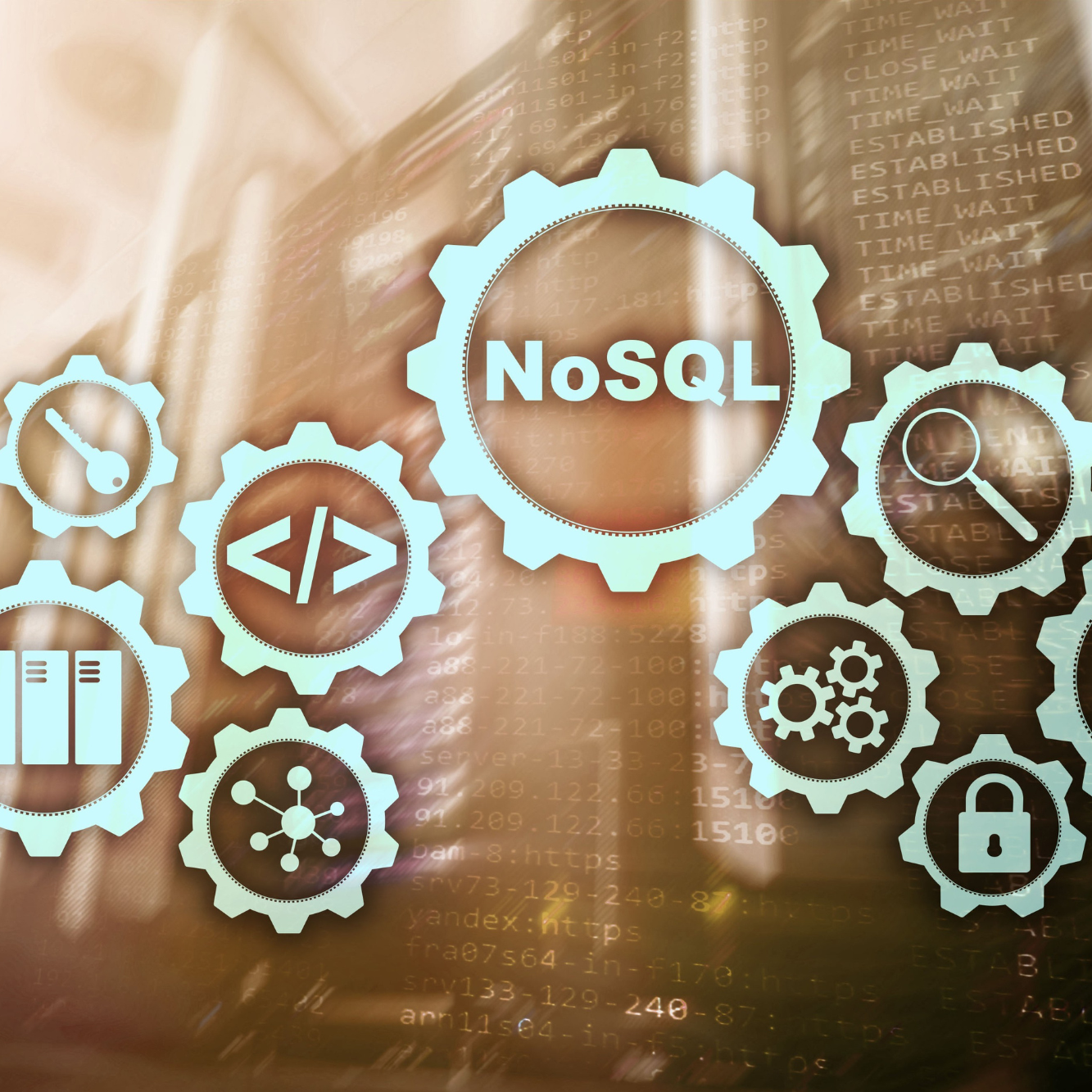PostgreSQL
PostgreSQL, also known as Postgres, is a powerful and open-source relational database management system (RDBMS). It was created in 1986 as an enhanced version of the Ingres database, but has since evolved into a feature-rich and popular choice for managing data.

Features of PostgreSQL
It is one of the main target databases for organisations exploring how to reduce license and TCO costs and/or leveraging the power of the cloud as PostgreSQL can be optimised.
PostgreSQL follows the principles of Atomicity, Consistency, Isolation, and Durability (ACID) to ensure data integrity and reliability.
In addition to supporting traditional data types such as integers and strings, PostgreSQL also offers advanced data types like arrays, JSON, XML, and user-defined custom types.
PostgreSQL allows users to create their own custom functions, data types, and procedural languages using its extension framework.
PostgreSQL can easily handle large amounts of data and can be scaled both vertically (by adding more resources to the server) and horizontally (by distributing data across multiple servers).
PostgreSQL provides support for various programming languages such as Java, Python, and Ruby, making it a versatile choice for developers.
Benefits for Using PostgreSQL
Many Legacy Databases can be converted to PostgreSQL using ONQU Services, with a very high automation and conversion rate. For more information reach out to us at hello@onqusupport.com
Being open-source means that PostgreSQL is free to download, use, and modify without licensing fees.
PostgreSQL offers strong data security through features such as SSL encryption, user authentication, and access control mechanisms.
PostgreSQL has a large and active community of developers who constantly work to improve the software, provide support, and develop new features.
PostgreSQL can run on various operating systems such as Linux, macOS, and Windows, making it accessible to a wide-range of users.
With its use of ACID compliance principles, PostgreSQL ensures that data remains consistent and reliable, even in the event of system failures.


How PostgreSQL Compares to Other RDBMS
PostgreSQL stands out among other popular RDBMS such as MySQL and Oracle for its strong adherence to standards, advanced features, and scalability. Unlike MySQL, which has a more limited feature set, PostgreSQL offers a wide range of capabilities that make it suitable for handling complex and diverse data. Additionally, PostgreSQL’s open-source nature sets it apart from commercial solutions like Oracle, making it a more cost-effective option for businesses.
Conclusion
PostgreSQL is an enterprise-level RDBMS that offers a robust and versatile solution for managing data. Its advanced features, scalability, and strong community support make it a popular choice among developers and businesses alike. Whether you are a small startup or a large corporation, PostgreSQL can meet your data management needs with its powerful capabilities. So why not give it a try? With its numerous benefits and features, PostgreSQL could be the perfect solution for your database needs. Happy querying!
Get in touch
Please contatct ONQU Support for a free, no obligation assessment.